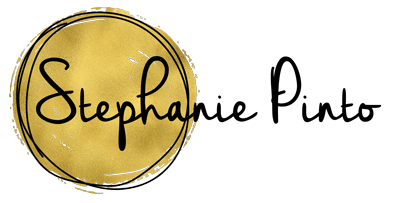How to be an Emotion Coach Parent
“It’s easier to build strong children than to repair broken adults”. What a quote! I heard this a while back and have remembered it ever since. Doesn’t it just resonate with you as a parent, or a teacher? Even just an adult knowing your own journey, however that has been travelled.
We are getting on track towards developing a world of emotionally intelligent leaders, but in order to do this the right way, we MUST change the way we are bringing up our mini leaders of today.
John Gottman is one of the best researchers and clinical psychologists we have to look at for knowledge and research on relationships and parenting today. He brought to us the concept of the 4 types of parents that reflect stereotypes we often learn ourselves, or from our peers as children.
Parent 1 is the Dismissing Parent. They disengage, tease, mock or curtail all negative emotions, avoids feeling out of control and usually distracts children from feeling emotions as though they are unhealthy or not normal. Often they will just rely on time passing as a cure to emotional difficulties, as though this will fix the problem. The effects of this on children is that they learn that emotions are abnormal or wrong, not to be dealt with, inappropriate, not worth talking about or sharing. A child with the Dismissing Parent will struggle to be aware of and regulate their emotions as they grow, leading to disastrous consequences in school and then in workplace.
Parent 2 is the Disapproving Parent. Similar to the first parent but even more negative. This parent is critical, controlling and judgemental, overly disciplinary and not concerned with the meaning behind the child’s emotional expressions. A child with this parent feels similar to the child with a Dismissing Parent, they learn that emotions are ‘bad’, abnormal, not healthy and definitely not valued.
Parent 3 is the Laissez-Faire Parent. This parent is overly laid back, allows all emotions from the child and does not guide or support them in understanding them, doesn’t set any limits on behaviour and provides no problem-solving help. Usually the parent waits and ‘rides out’ the emotions of the child rather than helping them deal with things. A child with the Laissez-Faire Parent will not learn how to regulate their emotions, will have trouble concentrating and forming friendships as well as getting along with other children.
Parent 4 is the Emotion Coach Parent! Hooray! This parent is foremost aware of their child’s emotions. They see times of emotional expression as opportunities to connect with and teach their child in an intimate, caring way. They listen with empathy, and validate their child’s feeling rather than poke fun at or make light of their feelings. (They definitely do not say how the child ‘should’ feel.) The Emotion Coach Parent listens with empathy, helps the child use the correct words to describe how they’re feeling, and help work out solutions by problem-solving with the child.
As a result, the Emotion Coach’s child learns to trust their feelings, regulate their emotions and solve problems more readily. They often have a higher self-esteem, learn well and get along with others better as well.
To be an Emotion Coach Parent, it’s as easy as starting to become more attuned to your child’s emotions, notice them more clearly, and label them accurately. That’s a stellar start. Then you can move into using empathy and problem-solving, as well as other tools to get you on track to being an Emotion Coach for your children!
By Stephanie Pinto.
Are you after support or direction to make some changes with your family relationships? Please get in touch by using the Contact Form below!


